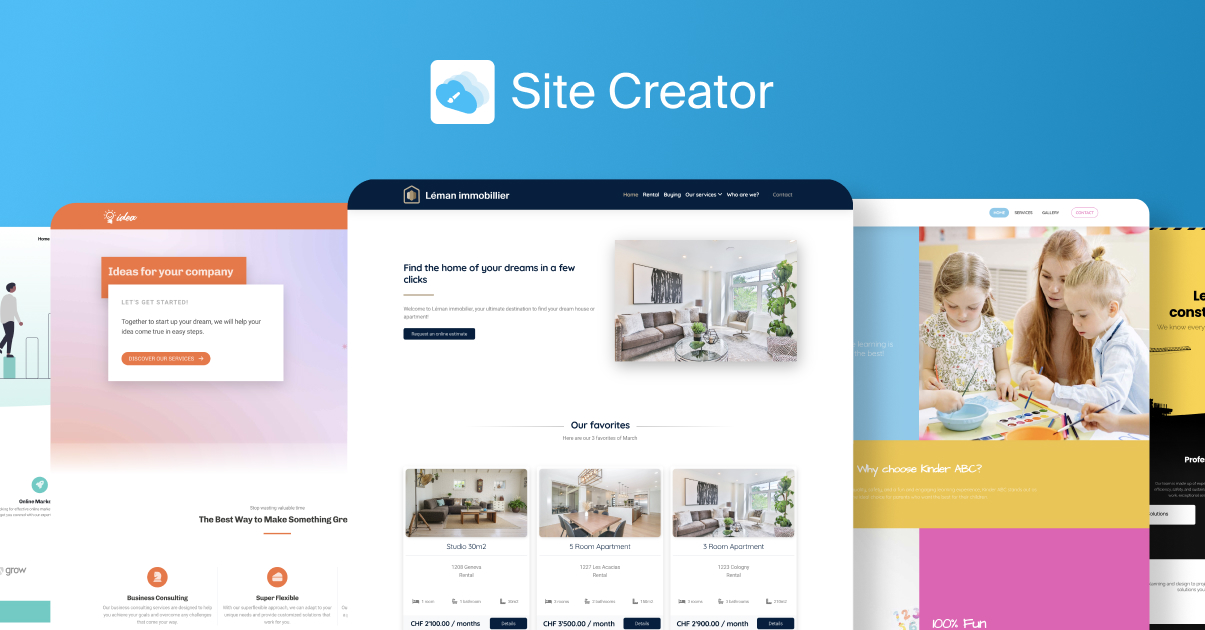Links have been epochal to how Google and other search engines ascertain the plausibility of a website. They view each link as a testimonial, a good word, so to say. Therefore, the more links a website has pointing to it, the more authentic it would be deemed, and the higher it would rank in search results.
Learning and scoring backlinks to improve website ranking is one of the oldest and most effective SEO tactics. And while it is one of the most productive ways to get backlinks, you have to be cautious about the quality of those links.
In the earlier days of SEO, website owners treated backlinking as a sort of “game” and tried to acquire links through questionable ploys. Since then, most of Google’s algorithm updates have been about massacring such suspicious methods.
Today, only the “white hat” techniques are considered reliable and ethical. And if you’re willing to put in the required blood and sweat, it’s entire possible to boost your rankings (and credibility).
This post highlights 6 sharp ways to earn valid, high-quality backlinks that will help prove Google and other search engines that your site is worthy of high rankings.
What are backlinks?
Backlinks, also known as inbound links or incoming links, are created when one website links to another.
They play an integral part in determining your website’s ranking on search engines, who see them as indicators of high-quality content.
When other websites provide a link-back to you, it essentially means that they vouch for your content and rely on your reputation to bolster their own. For search engines, this means that your website is deserving of prominent visibility in user search results.
However, for backlinks to positively influence your organic reach, they need to be earned naturally and that too from other reliable sources. While you may not have much control over who links back to you, there are a number of steps you can take to improve your prospects of desirable link building.
1. Please the authorities
Just like in social circles, your reputation in the digital world depends largely on who is talking about you. When websites that enjoy a position of authority in their field of content, and a large, loyal user base, link back to your website, a lot of their good reputation passes on to you. This helps your content get a high score on the credibility meter.
However, you need to be cautious about discredited or paid websites linking back to you, as that can relegate you to the spam category. It pays to invest in a sound social listening tool to ensure that your backlinks feature on only high-quality websites–one that gets high traffic and has a good domain authority.
Find authoritative web entities such as influential bloggers, popular or high-end brands and editorial websites that are known for unbiased, accurate coverage. Reach out to them and establish meaningful relationships with them by offering to write for them (where you can plug-in a backlink to your content).
Monitor websites that backlink to your competitors and pitch your content to them. Finally, scour the web for broken links and identify those that can be replaced with backlinks to your content.
2. Get a great domain name
One of the questions looming overall SEO experts is Do domain names have an impact on SEO? In a way, yes, they do. However, this does not mean you register alongdomainnamewithallthekeywords.com.
A study on the impact of new domains on SEO suggests that a keyword-rich domain name can help websites get on-topic backlinks on those keywords.
This is great news for businesses that want to be discovered organically. For example, if www.book.store gets backlinks on the anchor text ‘book store’, then overtime it helps the website rank for the keywords ‘book store’.
Domain names on new and contextual domain extensions such as .TECH, .SITE, .ONLINE, .SPACE, etc. allows a business to get a relevant and keyword-rich domain name.
3. Be the authority yourself
To ensure that more and more reputable websites link back to you, you need to provide them with content that’s worth backlinking to. In other words, to have authority websites associated with you, you need to be an authority yourself.
There is simply no way around producing meaningful and well-crafted content, especially as search engines are increasingly focusing on quality and authenticity to cut out the clutter. Literally every content piece on your website needs to:
- Be of the highest standards of grammatical and factual accuracy,
- Be thoroughly well-researched and cited with credible sources of information,
- Be visually and imaginatively captivating and engaging,
Your content should add to the reader’s knowledge, filling the gap between the consumer’s needs and the information that is already out there.
Expanding your horizons beyond the regular copy-heavy articles and tapping into unique content offerings that other websites can rely on is an efficacious way of earning credible backlinks.
Here are some content formats that work effectively as both a standalone piece and as supportive arguments on other websites making them attractive backlink options:
- Glossaries
- Detailed and niche guides,
- Infographics,
- Charts and diagrams,
- Case studies,
- Comparative analyses,
- eBooks,
- Whitepapers,
- Audio recordings,
- Picture libraries
- Videos
4. Stay trendy
While there is no way of cracking the exact formula that will push your ranking up in the SERPs, you can ensure that you’re always running in the game by staying on top of marketing and SEO trends.
Craft content that is in accordance with the latest trends and keyword usage. Ensure that your content and site structure is well-optimized. Publishing interviews with experts about interesting and topical subjects are valuable and help your overall SEO. These also make for great content to backlink to.
The same rules also apply when you want to revamp your older content, keeping it fresh, relevant and appealing to users as well as other websites who can rely on your strong SEO game to improve their own.
5. Be social
In times when the Internet is inundated with new content every day, merely publishing inspiring and informative material is not enough. Lack of adequate visibility on relevant social media channels frequently used by your target audience severely limits the reach and potential of your content. If no one sees your content, how will they link to it?
While the jury is still out on whether social directly impacts your SERP rankings, a strong social media strategy can definitely be a great sidekick. Share posts that are creative and engaging on a frequent basis–this is indispensable for building brand reputation and following.
Social media combined with a strong SEO strategy can help drive more traffic to your website. This makes you more authoritative in the eyes of search engines and worthy of backlinks in the eyes of other websites. After all, what’s the point of great content if it’s not out there for the world to see and share?
However, posting on social media is not enough. In order to ensure that your content gets the exposure that it deserves, it is important to engage with your social audience in a meaningful way. Few ways to do it is by responding to their comments and rewarding their shares and likes with mentions on your own handles. The same goes for websites that backlink to you as gaining visibility on your social handles will encourage them to engage with you even more.
6. Make it easy
Improve your chances of earning a link on a wide range of websites by offering them simple and direct ways of linking to your content.
Add a ‘Link to Us’ button or creating HTML-ready snippets below your content piece that people can directly plug into their own content. Not only make linking easier for the not-so-tech-savvy websites but it may also influence others to give you a backlink (simply because it’s out there, and it’s easy).
Often, people will mention your website’s name while paraphrasing or quoting your material without linking it to you. In such cases, a simple communication expressing your gratefulness for earning a mention on their website and requesting them to turn the mention into a link has a high chance of earning you an actual backlink.
Conclusion
Backlinks may not feature among the top priorities of SEO specialists, who tend to focus largely on on-page aspects like keywords, anchor and meta text, internal links and website architecture—aspects over which they can exercise control. For an SEO strategy to be strong and effective, off-page practices like link-building play an equally important role. In the digital world, after all, there is no scope for missing an opportunity worth capitalizing.
Find out more
- Check the availability of a domain name
- The Search Engine Optimization Guide
- Natural referencing: getting off on the right foot with WordPress
- 10 brilliant ideas to get your website known
***
This guide is provided by Alisha, a Senior Content Marketing & Communication Specialist at Radix, the registry behind some of the most successful new domain extensions, including .STORE and .TECH. You can connect with her on LinkedIn and Twitter.
How to protect your online presence and manage your domain names properly
Wednesday November 29th, 2023

 Français
Français Deutsch
Deutsch Italiano
Italiano Español
Español




